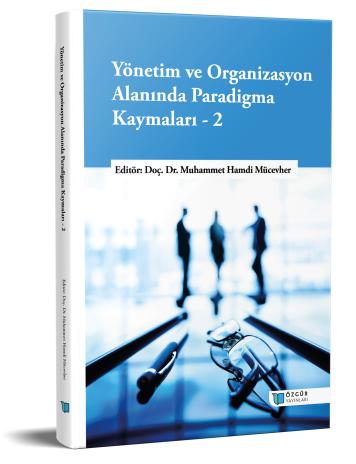
Transition from Irregular Management to Professional Management, Corporate Management, and Governance.
Chapter from the book:
Mücevher,
M.
H.
(ed.)
2025.
Paradigm Shifts in Management and Organization - 2.
Synopsis
This section briefly examines the process from scientific management to post-modern management, along with the ontological, epistemological, and axiological perspectives of management science, on the path from irregular management to professional management. Emphasizing that professionalization is a critical factor in increasing efficiency and ensuring sustainability in businesses, the role of professionalization in the face of growing complexity, particularly in family businesses, has been evaluated. In addition, within the framework of the concept of corporate governance, the theories of agency, representation, stakeholders, transaction costs, and resource dependence are examined, and the role of transparency, accountability, and ethical values in decision-making processes in institutionalization and governance formation is discussed. The impact of corporate governance on economic and social mechanisms was discussed in conjunction with the governance approach, and emphasis was placed on the transformation processes necessary for organizations to gain a competitive advantage, raise performance standards, and establish a sustainable management model.

